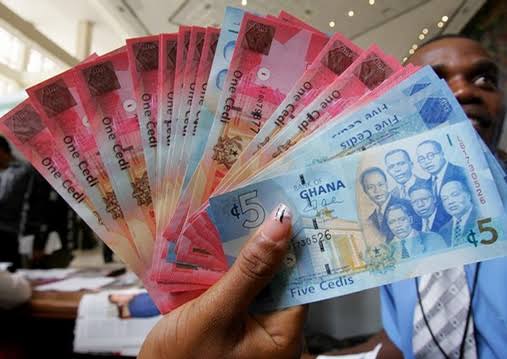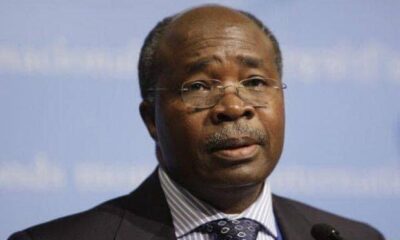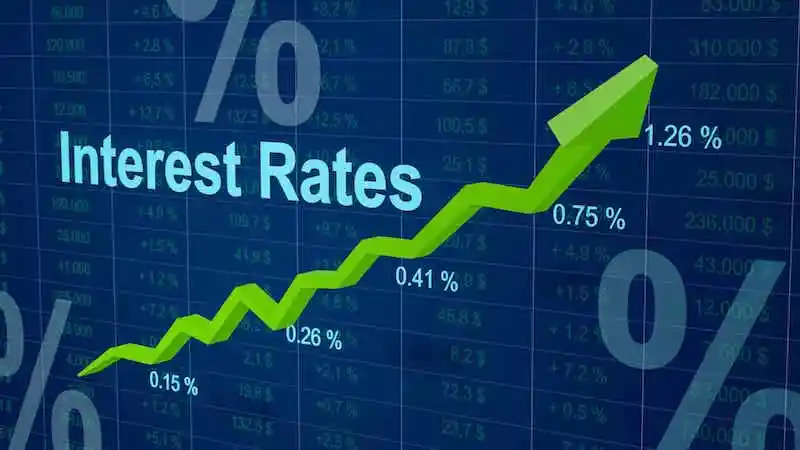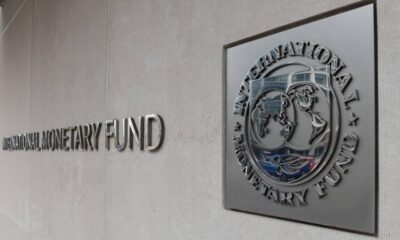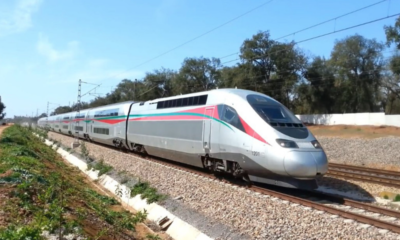The International Monetary Fund (IMF) has revealed that a staff team has travelled to Senegal to begin evaluating the ramifications of data adjustments that emerged from a government audit of previous and ongoing initiatives that the IMF had sponsored.
IMF staff will continue to collaborate closely with the authorities in the upcoming weeks to assess the macroeconomic impact and lay out the next measures, the Fund said in a statement, even though the government’s findings have not yet been certified.
Last month, an audit of Senegal’s finances, commissioned by recently elected President Bassirou Diomaye Faye, revealed that the country’s deficit at the end of 2023 was over 10% of GDP, as opposed to the 5% that the previous administration had estimated.
Following the Fund’s evaluation in June, the government announced that it had chosen not to proceed with Senegal’s request for an IMF disbursement in July. Since then, the West African nation has been in talks with the IMF about corrective action.
From October 9 to October 16, an IMF staff team travelled to Senegal to examine the preliminary audit findings.
The next steps “will include assessing whether any misreporting occurred during previous and current IMF-supported programs”, the statement said.

